Cath Sheard presented on resilience, wellness, and well-being within the workplace, and with a nationwide level 4 lockdown recently, this is an extremely important topic. Cath explains her role within her library and how she is there to manage people's "buckets" to make sure they're not overflowing, and if they are, how best to help with that situation.
As a manager one of my key roles is to protect people’s buckets. Let me explain. I think our lives are like a bucket of water. Some of the water is our out-of-work lives – and the amount of water this creates varies. When our homes lives are going well, the water might only be half a bucket. When we have vet bills to pay, a sick child or spouse, or are trying to sell our home, the bucket might be 80% full.
Some of the water is our day-to-day work and some of the water is extra tasks we are given. Sometimes the water in our bucket is sitting right at the top and it only takes one drop – an extra task, a printer that won’t print, or a customer that’s being difficult – for our bucket to overflow. For some people that overflow is physical, with hot tears of exhaustion or frustration leaking out – unbidden and unwelcome.
My job is to make sure people’s buckets have room at the top so one drop doesn’t cause them to overflow. That means individual staff are given more work, or less, depending on where the water level in their bucket is sitting.
| Let’s start with the absolute basics of well-being in the workplace. Some of the advice I give people includes:
|
- If you need a two-second breather, take it. Tell someone you’re unavailable for two minutes and walk fast to the end of the building and back.
- Take your annual leave. We have allocated leave because it is GOOD for us. I don’t buy the idea that we can’t leave our roles for a week or two. If I got run over by a bus tomorrow work would miss me, I hope, but they’d cope. Last year I was off for two weeks when I had a knee replacement and, in March, I was off for three weeks after my stomach ruptured. Did work fall apart? Of course not! My staff are amazing, and no one is irreplaceable.
- Don’t get into the habit of working extra hours. You need to be at your desk and ready to work by your start time. When you always start early you are actually lowering your hourly rate. Yet if I suggested lowering your rate you’d be horrified.
- Consider taking work emails off your phone. Again, I appreciate this is role dependant. I mentioned to Rachel Esson once that it 'probably isn't a fire' - and she looked at me and said 'actually it is a fire - in the basement!"

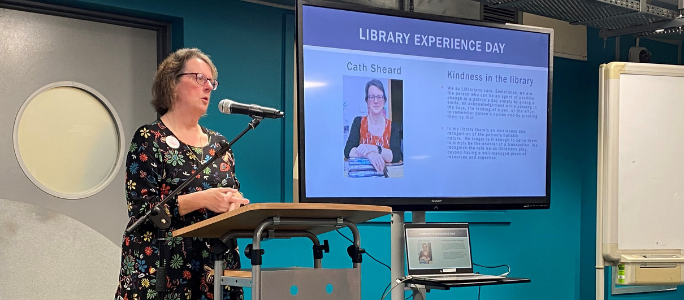

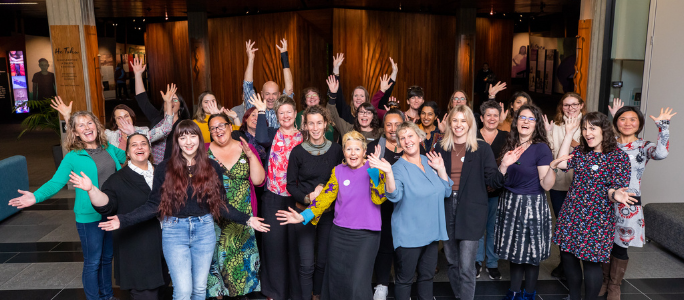
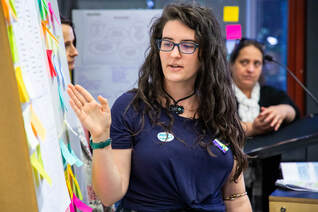
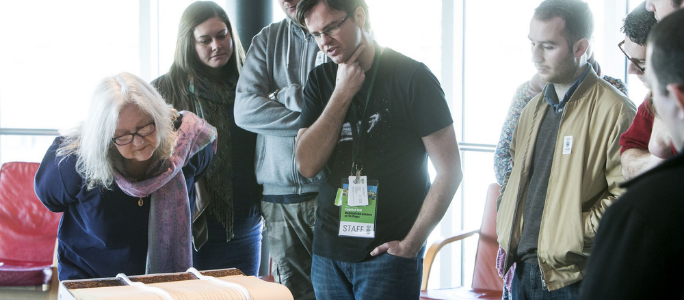
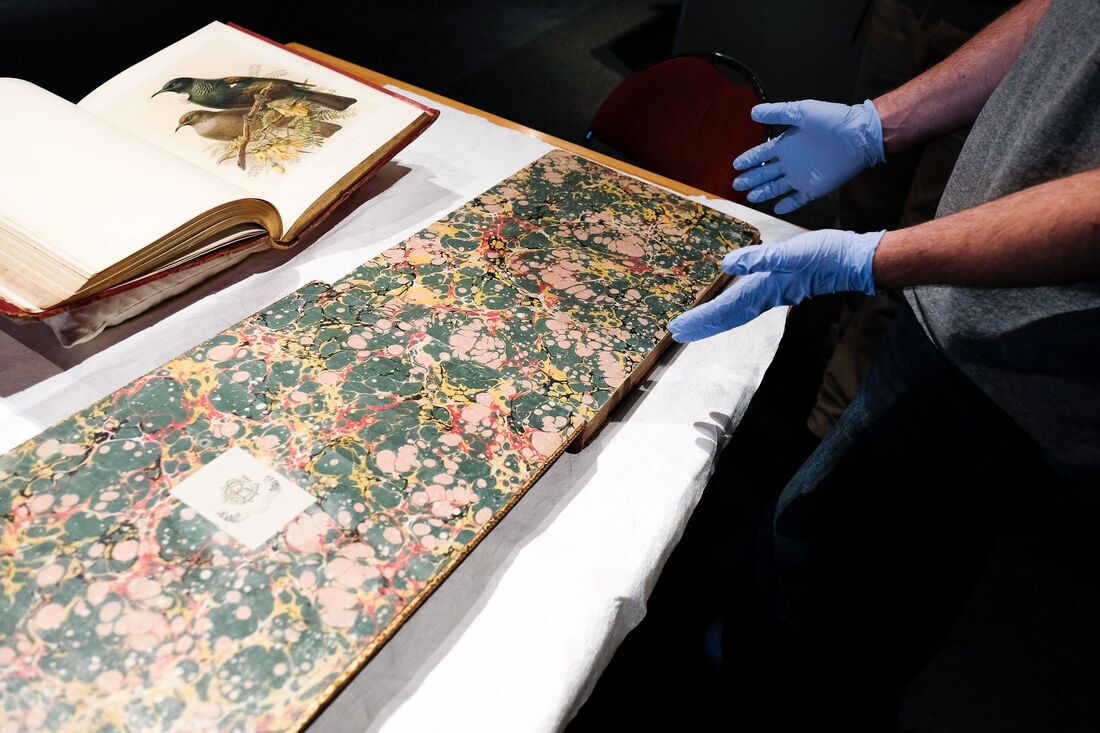

 RSS Feed
RSS Feed